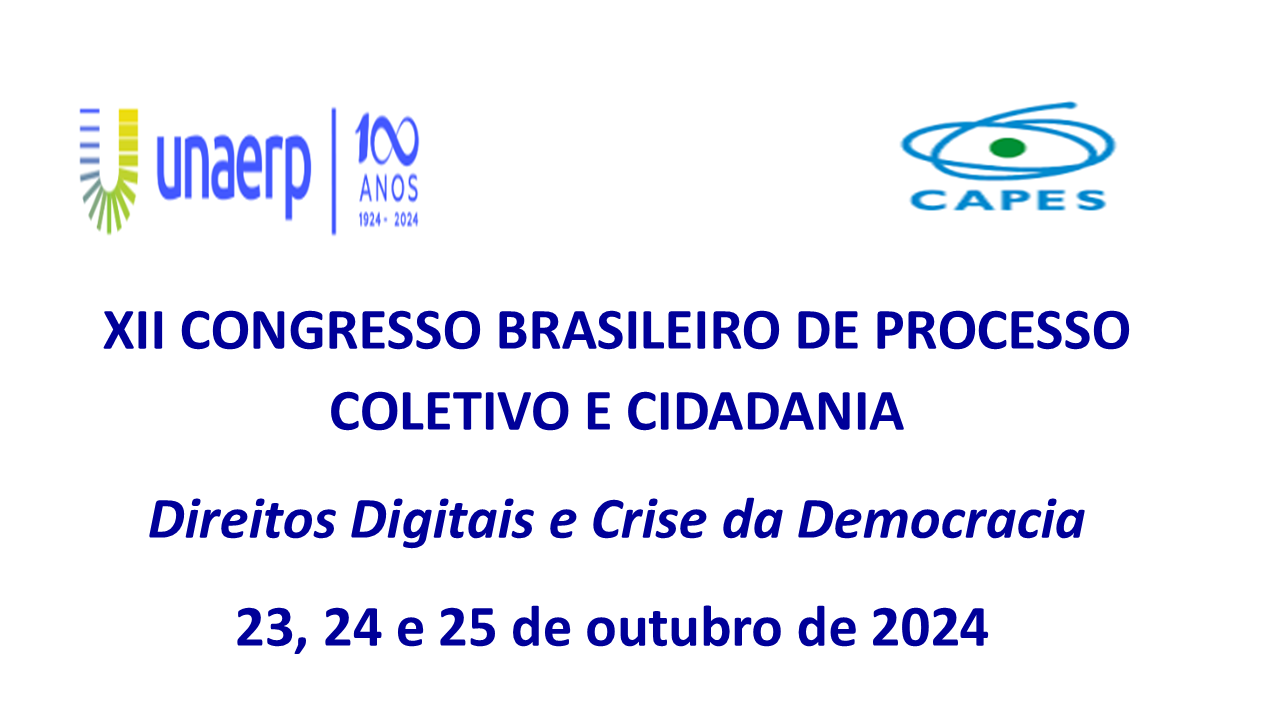THE IMPLEMENTATION OF PROCEDURAL AGREEMENTS AS AN ENCOURAGEMENT OF NEGOTIATED EXECUTION AND ITS IMPACTS FOR BETTER MANAGEMENT OF PUBLIC POLICIES AND ACHIEVEMENT OF CITIZENSHIP
Abstract
The spectrum of the current research consists of the analysis of the institute of conventions or procedural legal transactions, instituted by the still recent Code of Civil Procedure and its positive and possible relationship with regard to the implementation of public policies aimed at achieving the fundamental rights enshrined in the Constitution. State. In this sense, through the agreement, still at the administrative level, of procedural conditions capable of inducing, facilitating and promoting the negotiated execution within the scope of collective actions. Based on this foundation, it is proposed to analyze the eventual impacts to be produced by the adoption of procedural conditions in specific moments, such as in the stipulation of procedural clauses in the bidding, concession and permission contracts of the public administration, in the sphere of the Executive, and in the deliberation and voting of the public budget by the Chambers and Assemblies of the Legislative, thus allowing and guiding the use of negotiation methods in the execution phase of collective sentences, increasing popular participation in the judicial control of public policies and jointly facilitating the implementation of the sentence collective. With regard to the methodology used in the present study, qualitative research was adopted, based on a review of specialized literature on the subject, with the adoption of the hypothetical deductive method for proposing a viable model to produce a conclusion applicable to the reality of the object of study.
Downloads
Published
How to Cite
Issue
Section
License
Copyright (c) 2024 Anais do Congresso Brasileiro de Processo Coletivo e Cidadania

This work is licensed under a Creative Commons Attribution-NonCommercial-NoDerivatives 4.0 International License.
